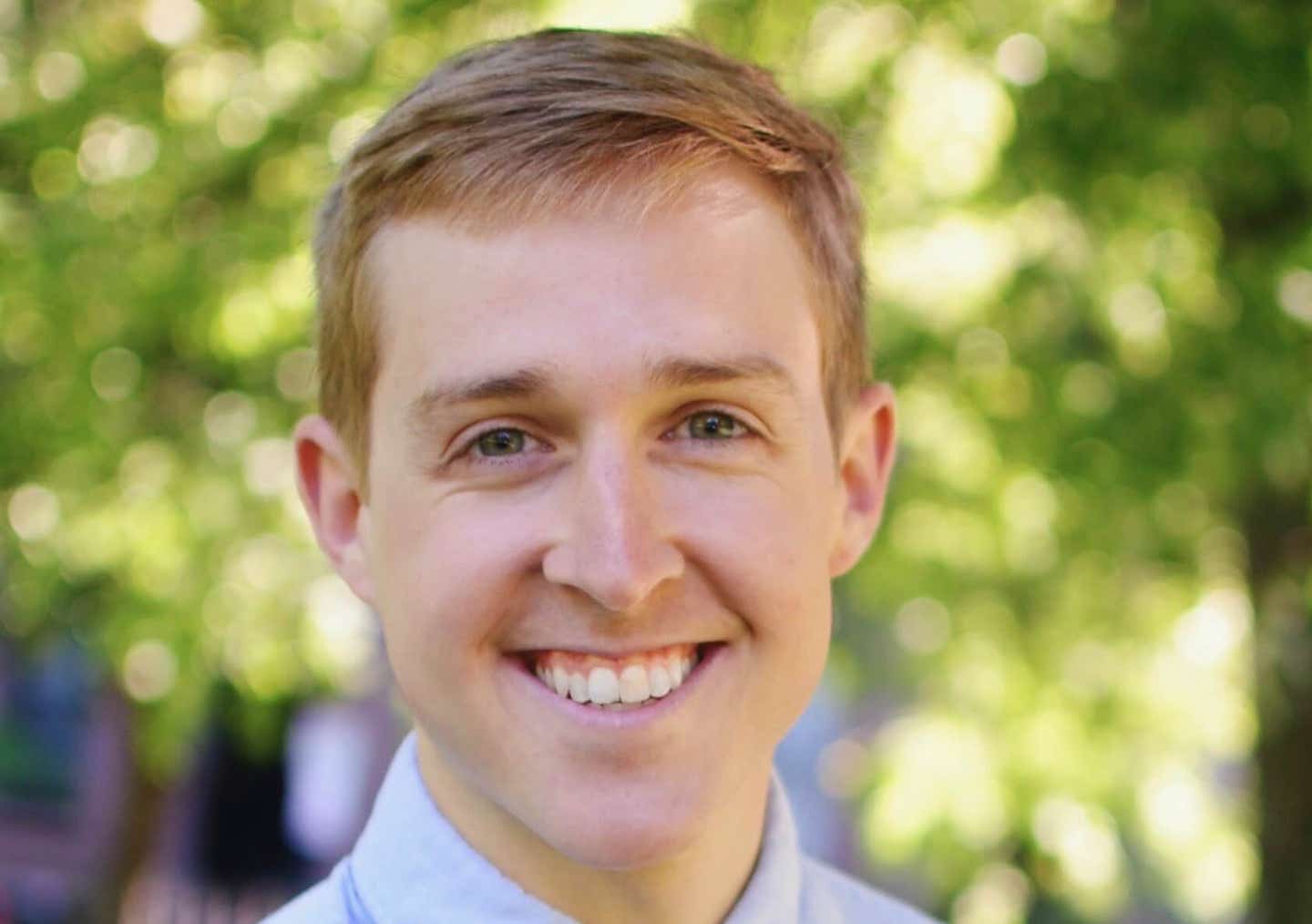Have you asked your doctor questions about nutrition and diet? Did your doctor discuss with you the importance of good nutrition? Probably not. Most doctors don’t have the training or education to effectively discuss nutrition with their patients. To bridge this education gap, The Plantrician Project has stepped in to equip doctors and health professionals to use a whole-food, plant-based diet as a powerful, cost-effective intervention to prevent and reverse common chronic diseases.
It is an important problem in our health care system that doctors, nurses, and other health professionals lack the training and confidence to give sound nutrition advice to their patients. Several studies have found that a majority of doctors rate their nutrition knowledge as “inadequate,” and that they lack the training and confidence to counsel their patients on appropriate nutrition.1-3 In fact, one study even found that “misinformation and misconceptions” regarding nutrition and lifestyle modification are “rife” among health professionals.4
Lack of Nutrition Education in Medical Schools
One study found that U.S. medical students receive an average of only 19.6 hours of nutrition instruction during their medical school careers.3 In 2010, only 28 of the 105 surveyed medical schools met the minimum 25 required hours set by the National Academy of Sciences, a downward trend from the 40 medical schools that met the minimum in 2004.
This is a serious problem because doctors are the gatekeepers of dietary-related advice. When doctors themselves don’t learn nutritional and lifestyle approaches for disease prevention, their patients don’t either. A whole-food, plant-based diet is a cost-effective, safe, and powerful intervention that has been shown to prevent, suspend, and even reverse several chronic diseases and other ailments. Despite the overwhelming amount of scientific evidence in support of this diet, as well as managed care organizations like Kaiser Permanente advising doctors to recommend a plant-based diet to all their patients, most doctors don’t even know what it is.
Simple lifestyle modifications—including diet—may prevent more than 90 percent of type 2 diabetes, 80 percent of coronary heart disease, 70 percent of stroke, and 70 percent of colon cancer.5
Some findings even suggest that diet alone can reverse heart disease and type 2 diabetes, prevent several types of cancers and kidney stones, protect against Alzheimer’s disease and high cholesterol, slow cellular aging, and have positive effects on acne, allergies, IQ, gut microbiota, mood, oral health, and arthritis. The burden of chronic disease on the economy and health care spending cannot be understated: 86 percent of health care spending—over $2 trillion—in 2010 was for people with one or more chronic medical conditions.6
When doctors do understand the power of plant-based nutrition, the impact they can have is significant. Without this bridge, information remains confined to scholarly journals, nutrition researchers, and health care providers who go out of their way to educate themselves about the power of food in medicine. This is where the Plantrician Project comes in.
Plantrician Project: Bridging the Nutrition Gap
Founded in 2012, the Plantrician Project aims to create a health care system that fully integrates plant-based nutritional medicine by educating physicians and other health care professionals about the power of a whole-food, plant-based dietary lifestyle. In just the past few years, the Plantrician Project has already made positive changes to the health care environment across the globe.
Susan Benigas, one of the Project’s founders, was previously the president of a corporate wellness company. So she had a lot of experience working with physicians, and she knew the whole-food message would spread faster if the health care community was educated about it. “Individuals can read books, articles, and documentaries to make lifestyle and diet changes,” she says. “But if their doctor says otherwise, then they might pause or stop because they are scared. The physicians are the gatekeepers of dietary and lifestyle recommendations.”
The mission of the Plantrician Project is to develop education and resources to support, educate, and empower clinicians. One way to further this mission was the creation of a conference that offers continuing medical education credits for physicians, nurses, and dieticians. Dr. Scott Stoll, the Project’s chief medical officer and one of its founders, saw the need to educate physicians firsthand through his own work in regenerative medicine. “I saw that there was no good location or conference for doctors to learn the information they needed to start teaching their patients to utilize food as medicine,” he says.
Launching the International Plant-Based Nutrition Healthcare Conference
Together with co-founders Tom Donnam and Benigas, Stoll launched the International Plant-Based Nutrition Healthcare Conference (PBNHC) in October 2013. The inaugural conference took place in Naples, Florida, attracting 220 researchers, students, physicians, and other health professionals from six different countries. Between deliciously prepared and nutritious plant-based meals, the conference aims to educate physicians, nurses, and other health care professionals about the science behind plant-based nutrition, cooking techniques, changing health behaviors in patients, and everyday ideas for your practice.
Benigas calls the response to the conferences “tremendous,” and says the physicians are enthusiastic about the evidence-based approach and truly health-promoting agenda of the presentations.
Stoll says one of the best things is hearing the enthusiasm from physicians just starting to use nutrition as medicine. The times have definitely changed, he notes. “Just 10 years ago, I would talk to colleagues and get strange looks when I would talk about reversing disease with food. Now the Centers for Disease Control [and Prevention] have said that over 80 percent of the cost of health care in America today is related to lifestyle diseases,” he says. “So doctors are paying more attention and are looking for ways to address the fundamental causes of disease.”
The success of the conference was almost instantaneous. The Plantrician Project is currently gearing up for the fourth annual PBNHC to take place in Anaheim, California, from September 21 to 24, 2016.
The Impact on the Future of Health Care: What Happened at a Large Texas Hospital
Two attendants of the inaugural conference, Staton Awtrey, M.D., a cardiothoracic surgeon, and his wife, Blythe Awtrey, R.N.—both of whom work at Premiere Physicians in Midland Memorial Hospital in Midland, Texas—took matters into their own hands. After listening to Stoll share the success he’s had in helping people in his own practice, Awtrey asked him to join him in Texas and speak to physicians at Midland Memorial Hospital's Grand Rounds. The interest and excitement from physicians was so profound that Midland Memorial became the first hospital in the state to promote a plant-based diet to its patients. It is now part of a growing list of other hospitals across the nation that embrace food as medicine.
Video Production by Webster University as a 2016 Class Project, in support of The Plantrician Project.
The Resources
Besides the conferences, the Plantrician Project’s website has resources for doctors and clinicians to refer to and distribute to patients, including a comprehensive resource guide and a quick-start nutrition guide. They also have an online nutrition and cooking school called Culinary Rx, which health care professionals can actually prescribe to patients. As the Plantrician Project reaches more and more physicians and health care providers, hopefully plant-based nutrition will continue to revolutionize the practice of medicine and the health of our planet.
Sources:
1. Adams KM, Kohlmeier M, Zeisel SH. Nutrition education in U.S. medical schools: latest update of a national survey. Acad Med. 2010;85(9):1537-1542.
2. Kushner RF. Barriers to providing nutrition counseling by physicians: a survey of primary care practitioners. Prev Med. 1995;24(6):546-552.
3. Vetter ML, Herring SJ, Sood M, Shah NR, Kalet AL. What do resident physicians know about nutrition? An evaluation of attitudes, self-perceived proficiency and knowledge. J Am Coll Nutr. 2008;27(2):287-298.
4. Parker WA, Steyn NP, Levitt NS, Lombard CJ. They think they know but do they? Misalignment of perceptions of lifestyle modification knowledge among health professionals. Public Health Nutr. 2011;14(8):1429-1438.
5. Willett WC. Balancing life-style and genomics research for disease prevention. Science. 2002;296(5568):695-698.
6. Gerteis J, Izrael D, Deitz D, et al. Multiple Chronic Conditions Chartbook. AHRQ Pub No, 14-0038. Rockville, MD: Agency for Healthcare Research and Quality; 2014.
Related News
Get Our Best Price On The Forks Meal Planner

Forks Meal Planner takes the guess work out of making nutritious meals the whole family will enjoy.
SAVE $200 ON OUR ULTIMATE COURSE

Join our best-selling course at a new lower price!




